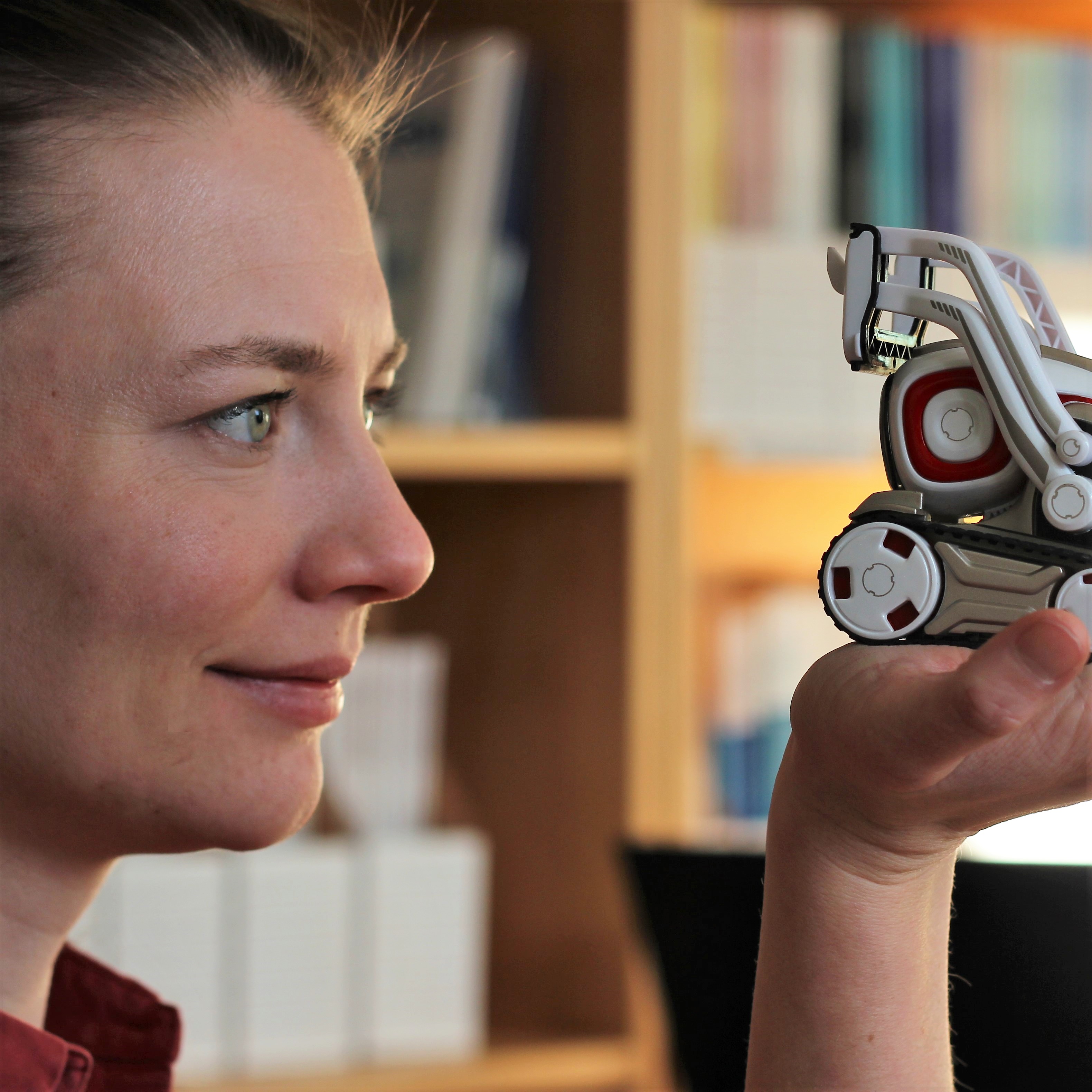On September 5th, 2024, I defended my doctoral thesis titled Computational approaches to interaction-shaping robotics.
Details:
Thesis title: Computational Approaches to Interaction-Shaping Robotics (click here to see the thesis in DiVA)
When: Thursday, September 5, 2024, at 2pm
Where: F3 (Flodis), Lindstedtsvägen 26 & 28, Stockholm
Supervisor: Associate Professor Iolanda Leite (KTH)
Chair at the defence: Professor Petter Ögren (KTH)
Opponent: Professor Tony Belpaeme (Ghent University, Belgium)
Members of the grading committee:
- Associate Senior Lecturer Valentina Fantasia (Lunds universitet, Lund, Sweden)
- Associate Professor Anara Sandygulova (Nazarbayev University, Kazakhstan)
- Assistant Professor Catharine Oertel (Delft University of Technology, The Netherlands)
- Associate Professor Malte Jung (Cornell University, US)
- Professor Goren Gordon (Tel Aviv University, Israel)
Abstract: The goal of this thesis is to develop computational approaches generating autonomous social robot behaviors that can interact with multiple people and dynamically adapt to shape their interactions. Positive interactions between people impact their well-being and are essential to a fulfilled and healthy life. In this thesis, we coin the term Interaction-Shaping Robotics (ISR) as the study of robots that shape interactions between other agents, e.g., people, and capture previous efforts from the Human-Robot Interaction (HRI) community and emphasize the potential positive or negative, intended or unintended effects of these robots. Previous efforts have explored phenomena that indicate interaction-shaping capabilities of social robots, however, how to develop autonomous social robots that can adapt to positively shape interactions between people based on perceived human-human dynamics remains largely unexplored. In this thesis, we contribute to the technical advancement of social interaction-shaping robots by developing heuristics and machine learning methods and demonstrating their effectiveness in studies with real users. We focus on shaping behaviors, i.e., balancing people’s participation in interactions to foster inclusion among newly-arrived and already present children in a music game and support adult second language learners and native speakers in a language game. Especially when leveraging learning techniques, an effective interaction-shaping robot needs to act socially appropriately. We design heuristics that are appropriate by design and establish the feasibility of autonomy for interaction-shaping robots through minimal perception of group dynamics and simple behavior rules. Allowing for learning behaviors for more complex interactions, we provide a formal definition of the problem of interaction-shaping and show that using imitation learning (IL) or offline reinforcement learning (RL) based on previously collected HRI data is feasible without compromising the interaction. To meet the challenge of acting appropriately, we explore techniques applied prior to deployment when learning offline from data and shielding - a technique from the safe RL community - to eventually allow for learning during deployment in interaction. Overall, this thesis demonstrates the feasibility and promise of computational methods for autonomous interaction-shaping robots and demonstrates that these methods generate effective and appropriate robot behavior when balancing participation to ensure the inclusion of all human group members.
